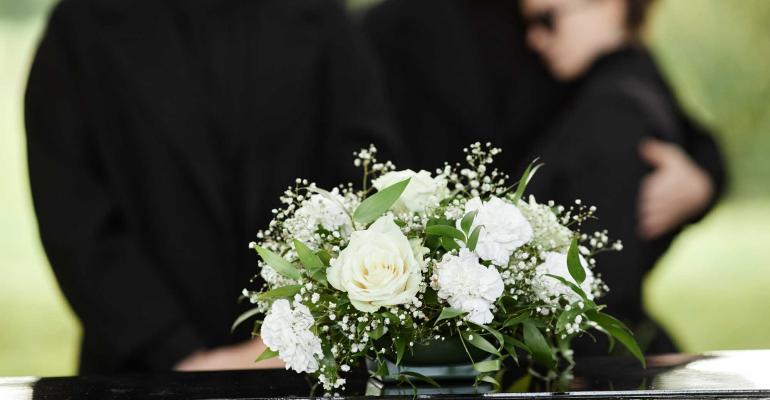After a protracted legal battle, director Guy Ritchie was recently granted permission to create a private burial ground at his Wiltshire country estate. The high-profile dispute over his burial wishes reflects an often overlooked issue that can cause friction in the immediate wake of a death. All too often, the first issues that arise after a loved one dies are disputes about their funeral and burial arrangements.
Who Has the Right to Deal With the Funeral?
The law regarding who has the right to deal with the deceased’s body or to arrange the funeral is often misunderstood. Many assume that the deceased person’s “next of kin” automatically has the authority to make such decisions. However, despite the common misconception, “next of kin” has no legal meaning or standing in this context.
In reality, the individual who has the right to administer the decedent’s estate has the sole authority to decide the funeral arrangements. If the deceased left a will, then it’s the person appointed as executor. If there’s no will, a different legal document, such as a trust, can also name an individual to make decisions. If the deceased didn’t make their wishes known, only then is the closest living relative, or next of kin, usually responsible for making decisions. The order of priority for next of kin is typically spouse, adult children, parents, siblings and more distant relatives.
Disputes Arising Between Family and Executors
Disputes can arise regarding simple matters, such as which church or other venue to hold the funeral in, what sort of coffin to use, which cemetery to select or which headstone and inscription is most appropriate.
It can be particularly difficult when the appointed executor doesn’t agree with some or all of the deceased’s family regarding the funeral wishes. Complex family dynamics and increasing numbers of blended families mean that disputes in this area are on the rise.
Take an individual who had remarried and appointed their children from a previous relationship as executors. When that individual dies, the surviving spouse may feel that decisions about the funeral are theirs to make and may not agree with the stepchildren, who have their own thoughts on their parent’s funeral. Such scenarios can lead to fraught and bitter disputes. Alternatively, it may be that more than one executor is appointed in a will, and those two individuals don’t agree on the arrangements.
Matters can become more complex when the validity of the will itself is challenged. If a will challenge is successful, then the estate will be administered as per the terms of an earlier valid will, which may include different executors. In such cases, it may not be agreed that the executor has the power or right to decide funeral arrangements. However, it’s not possible, or in anyone’s interests, for the funeral to wait until the validity challenge has been determined, which could take as long as two years.
Funeral homes and crematoriums can also often complicate matters as they have a contractual arrangement with the individual who instructed them, and that same individual is liable to pay their bill. This individual may not be who’s actually entitled to deal with the funeral arrangements. This leads to a disconnect between the individual with the right to make decisions and plan the funeral and the one with whom the funeral home/crematorium is liaising.
Ways to Protect Against Disputes
A death in any family is often a time of high emotion and trauma, particularly if the death is unexpected. Understandably, family members may not think clearly or calmly, and they may not communicate or compromise as readily as they might in ordinary circumstances.
The selection of executor(s) should be carefully considered. An individual with a high degree of emotional intelligence and who’s trusted and liked by the key family members should be well-positioned to approach matters sensitively and in a way that prevents any disputes from arising. Indeed, such soft skills may be far more important than an executor’s legal knowledge or financial acumen. After all, executors can call on professional advice where it’s needed.
Clients who appoint two executors should consider their persona. This should include whether their decisions on issues are likely to be aligned and whether they’re able to compromise and resolve conflict.
Furthermore, it’s vitally important that testators carefully specify the details of their own funeral wishes in their wills while also leaving room for reasonable discretion when necessary. Giving clear and detailed guidance in the will may seem pedantic, but it can help to avoid such disputes during a time of stress for your client’s family. Most executors and families will follow the deceased’s wishes if they’re available. The information will also be invaluable to the court should they need to get involved.
Should the parties be unable to resolve the conflict, the only option is to involve the courts. Burial disputes can be lengthy, upsetting and costly, particularly if court action is required. Court action will inevitably delay the burial and, therefore, the grieving process of the loved ones involved.
Burial disputes are just another reason to seek tailored legal advice on the preparation of wills and the management of estates. This will ensure peace of mind for relatives and avoid bitter disputes over burial rights.
Cathryn Culverhouse is a Partner at DMH Stallard.





